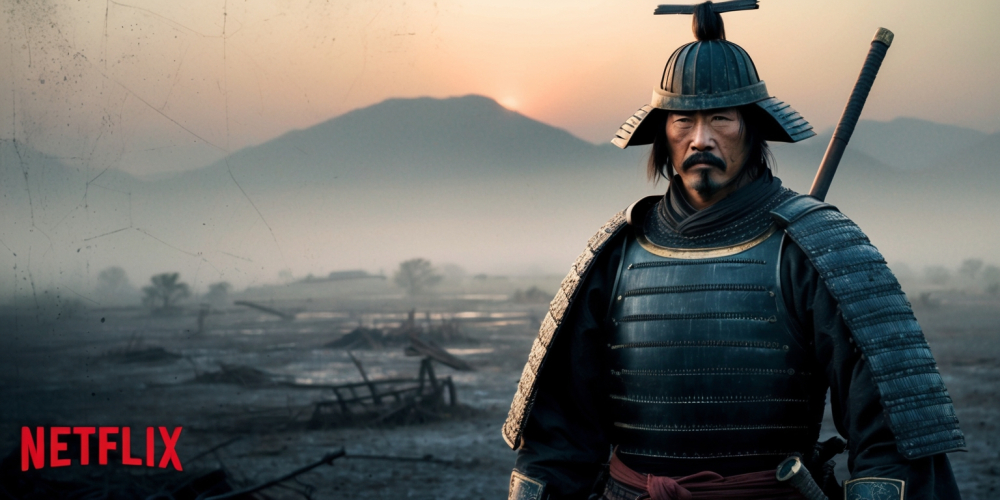01 Nov
Benjamin Carter

This article explores Netflix’s continual exploration of high-stakes survival series by examining its latest project set in a historical Japanese backdrop. The series turns the spotlight on a contest driven by desperate ambition and ruthless strategy.
Netflix has embraced the appeal of shows reminiscent of Squid Game with its new series, Last Samurai Standing. After the phenomenal success of Squid Game, Squid Game: The Challenge, and the anticipated American adaptation, the streaming giant now ventures into a period drama that tests the limits of human determination.
This series shifts the focus to a Meiji-era Japan setting, evoking memories of classic survival contests with a samurai twist. In a scenario that recalls elements of The Running Man and battle royale narratives, 292 warriors are summoned at a historic temple in Kyoto with the promise of a substantial monetary reward.
The challenge comes with a daunting condition:
- Participants are armed only with wooden tokens, each representing one point.
- The warriors soon learn that the contest demands they eliminate one another to accumulate points.
- The fighter who manages to gather the most tokens upon returning to Tokyo will claim the grand prize, offering a future filled with security, opulence, or the freedom to pursue any desire.
The series is scheduled to premiere in November 13, inviting audiences to witness an intense confrontation where survival and strategy intertwine with a captivating historical setting.
